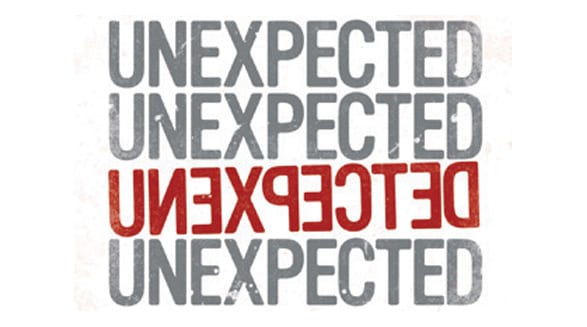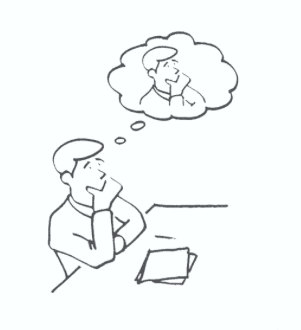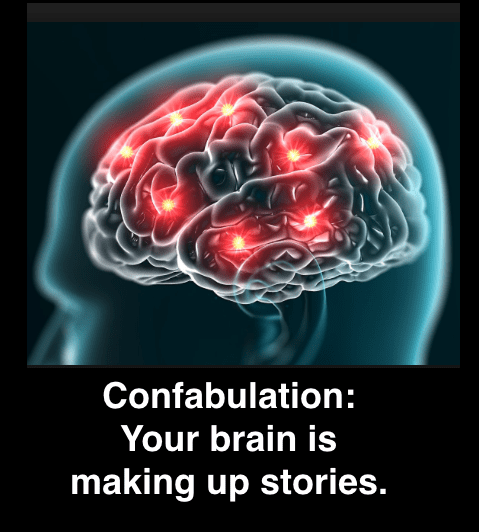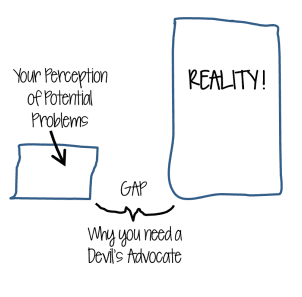Expect the Unexpected and Improve Your Situational Awareness
The advice “expect the unexpected” can lead to a great deal of criticism. [tweet this] For example, if one can expect something to happen, then it is (technically) no longer unexpected…and so on. Setting all the hair-splitting aside, to expect the unexpected is to anticipate the possibilities of events occurring in advance of them actually […]
Expect the Unexpected and Improve Your Situational Awareness Read More »










